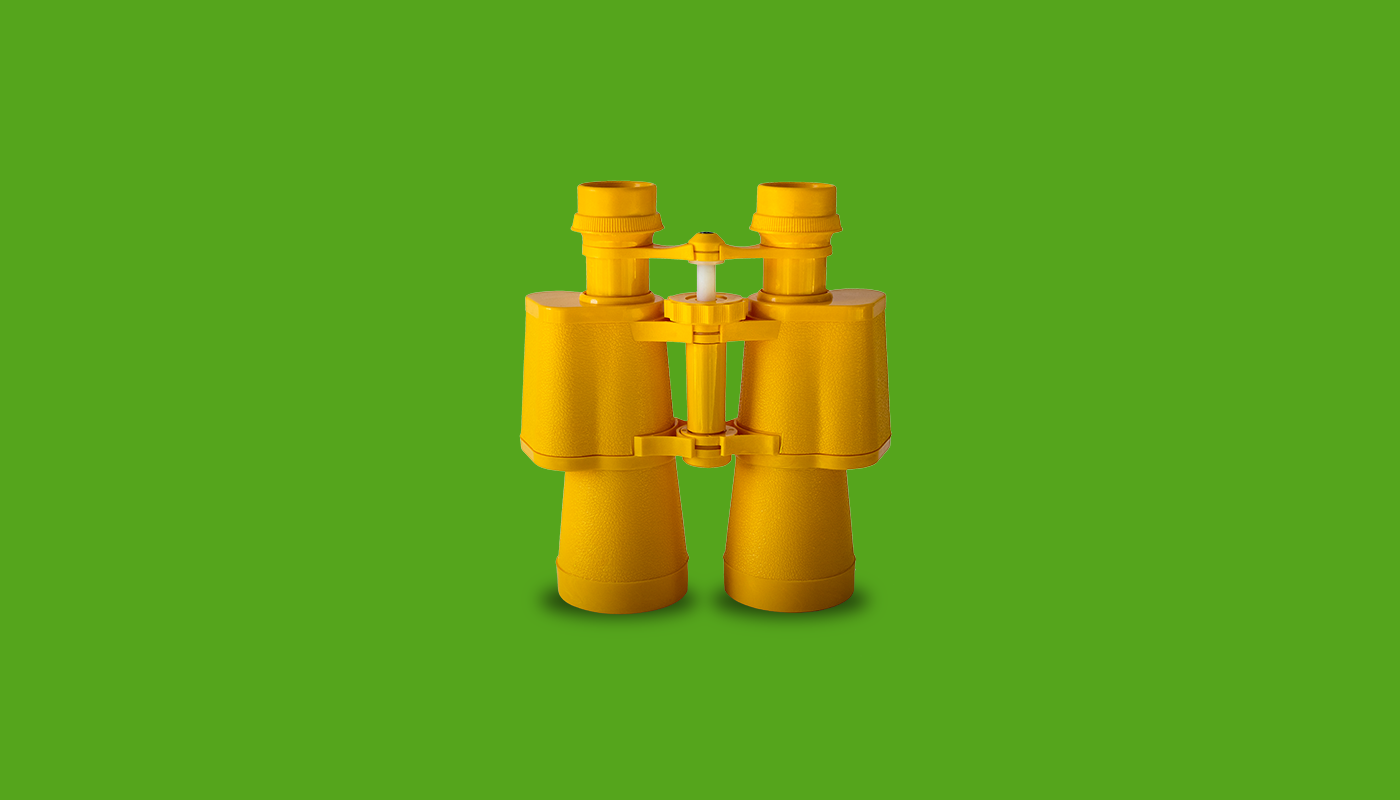A guide to buying investments

You’ve decided on an investment. Now it’s time to actually buy it. Here’s how:
What you will learn
- Where you can go to buy investments
- How to find expert guidance
Sorting out your personal goals? Check. Choosing a level of risk? Check. Deciding how much time and money to invest? Also check. But how do you buy an investment?.
First, decide if you want to go it alone, or get help from the experts: this might depend on how much money you want to invest. You can read more about the pros and cons of both options here.
For some investments, you can do the legwork yourself. For example, if you’re looking into property, you might talk to local estate agents, look at property ads and apps, or head over to an auction house.
You’ll need a stockbroker to build a portfolio of individual shares. They are professional agents licensed to buy and sell stock market investments for you. Some stockbroking firms and banks offer share dealing over the phone or in branch, but online services are more common and can be cheaper.
On these online platforms, you can buy and sell shares from all the companies listed on the stock exchange, and invest in other assets and funds.
The total value of UK equities traded in 2016 was £5.38 trillion.
As you will pay for advice, you might decide to save by making the decisions and buying assets yourself. Many providers offer ‘best buy’ lists and other information that can be helpful.
However, fees will still influence which investments you choose, and where you buy them. You can read more about the cost of investing here.
Expert guidance
Don’t want to pick individual shares yourself? You can invest in funds that take care of things for you. An expert fund manager picks and manages multiple shares for you and makes sure you haven’t put all your eggs in one basket.
To spread your money further, you could choose a multi-asset funds, which allow you to buy a range of different investment types, such as shares, bonds, property and cash.
You could also consider a financial adviser who makes the choices for you. If you’re trying to pick one, it’s a good idea to check out the Personal Investment Management and Financial Advice Association (PIMFA) website for some guidance.
Where to buy investments
Once you’ve scoped out the market and you’re ready to buy, there are different ways you can buy. Our handy table shows you how:
| Investment type | Where to buy |
|---|---|
| Savings account | Bank or building society |
| Stocks and shares | Online stockbroking service |
| Via a financial adviser | |
| Bank or building society | |
| Private client stockbroker | |
| Funds i.e. unit trusts or OEICs | Online stockbroking service |
| Via a financial adviser | |
| Online fund supermarket | |
| Directly from a fund manager | |
| Property | Auction house |
| Estate agency | |
| Property advertisements |
Although you might have a lump sum ready to invest, many brokerage firms, banks and building societies also let you invest in shares and funds through regular saving, by investing smaller amounts every month.
It can make things more affordable, and also reduces the risk that your investments lose value. That’s because it evens out the ups and downs in the stock market. You can read more about this here.
You can make regular investments (in addition to lump sum payments) into stocks and shares ISAs which allow you to save without paying tax on the interest you earn. You can open up an ISA through your broker or bank.
Investing regularly each month, instead of as one lump sum, can help reduce the impact stock market ups and downs have on your money.
What else should I consider?
Online share dealing platforms are becoming more and more popular. Many banks and stockbrokers offer this service. Costs are generally lower and online platforms let you control your investments in one place, making it easier to keep track of your overall portfolio. Read more about managing your portfolio here.
Risk notice
Any information provided should not be considered personal advice. Past performance is not a guide to future performance. You may not get back the full amount you invest. If you have any doubts about making your own investment decisions, seek financial advice. Tax treatment depends on individual circumstances and may be subject to change in the future. The information given is not intended to provide legal, tax or financial advice.






















